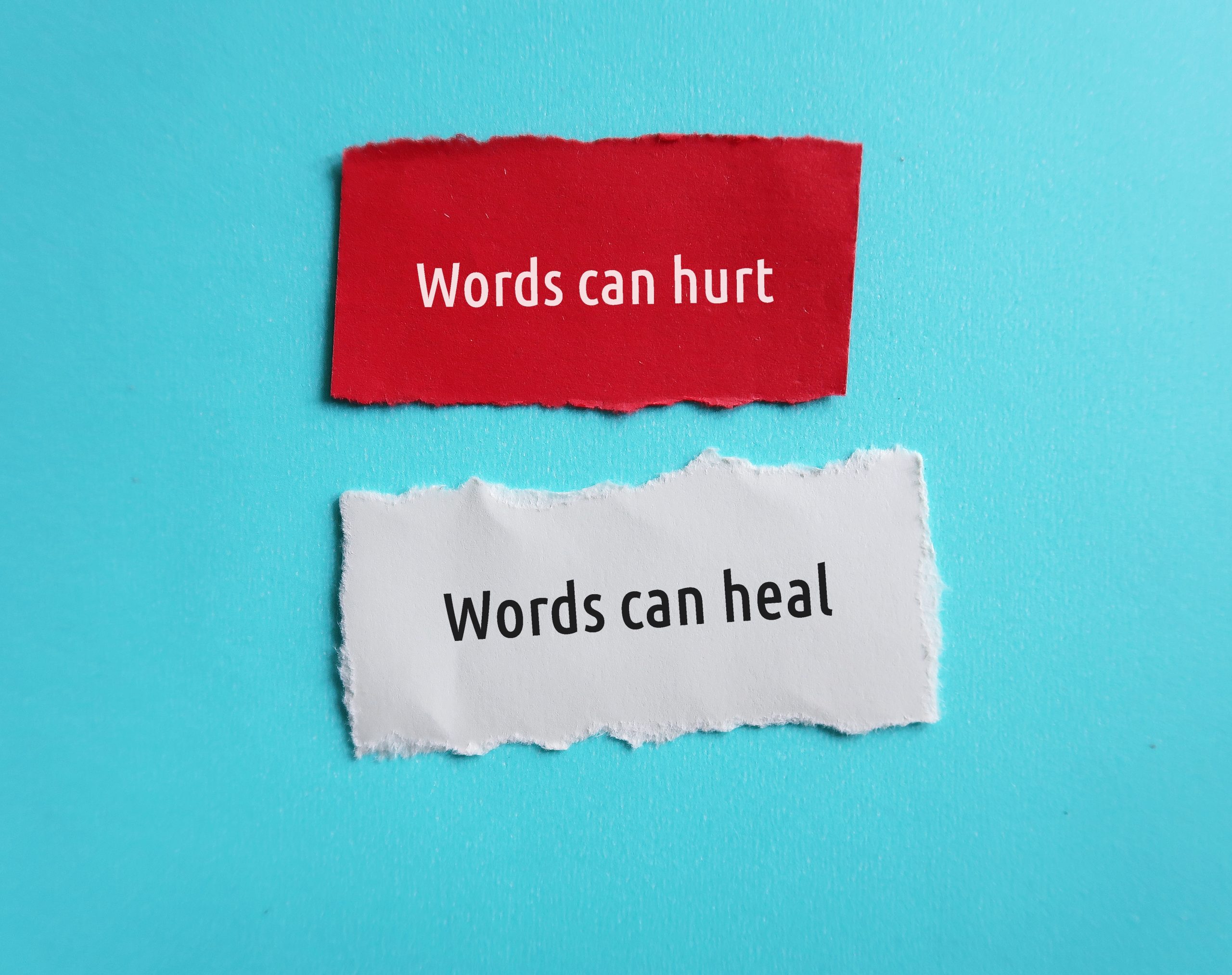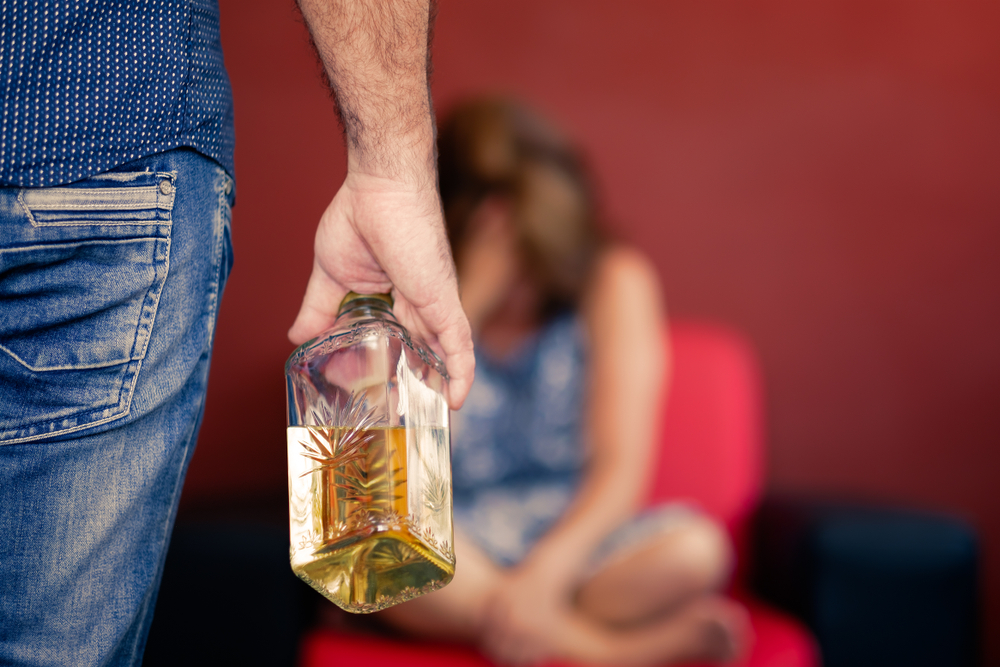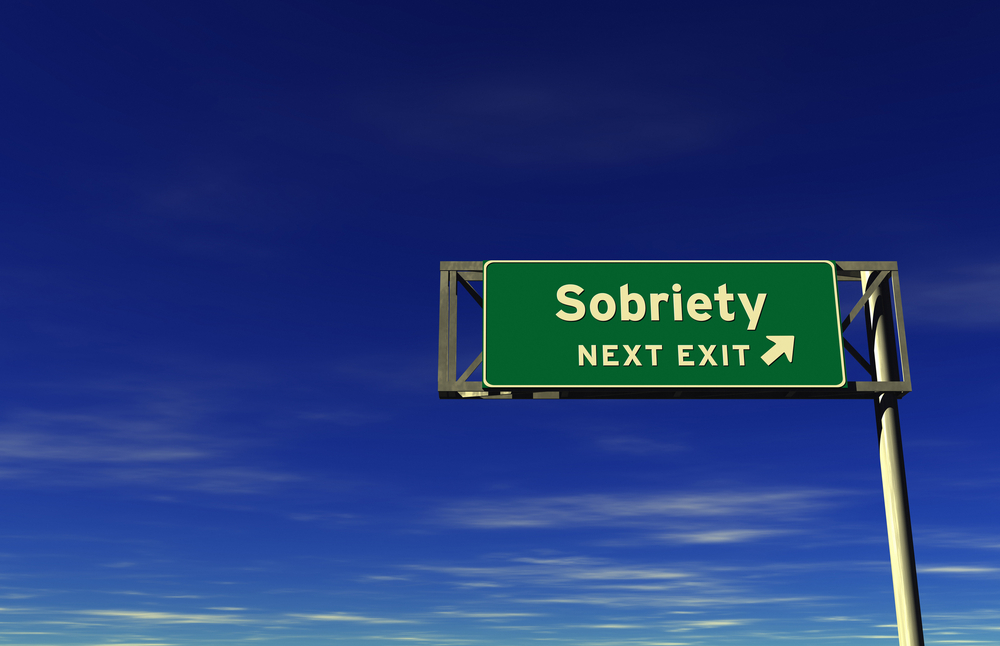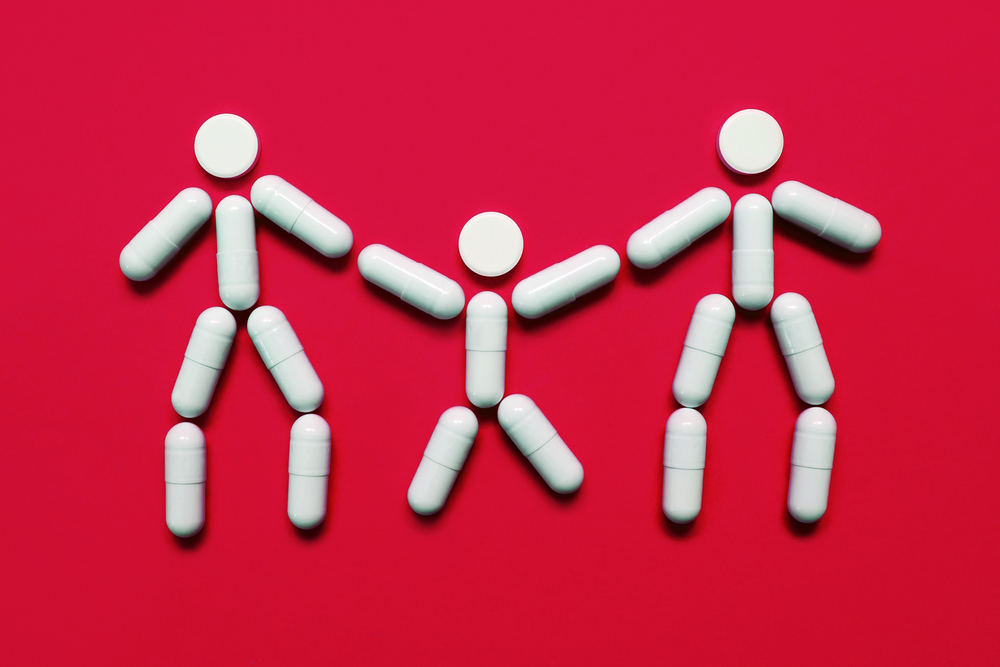Illicit substances: are you witnessing use, misuse, and/or dependency?
Helping a loved one through a difficult time always comes with its challenges. However, the use of illicit substances presents a particular kind of uncertainty, with the potential to damage families, relationships, and support networks in heart-breaking ways. Knowing how to navigate this uncertainty will see better results for your loved one, and ensure you are also stable throughout the process.
In the 2019 National Drug Strategy Household Survey, it was reported that “one in six (16.9%) [Queenslanders] used an illicit drug in the past 12 months”. Across Australia, the number of people who are living with a substance abuse problem or addiction sits at one in 20, as of 2020. Knowing when and how to offer support when you think a loved one might be struggling is key in ensuring as smooth a recovery process as possible.
Stopping the problem at its root: helping loved ones from falling down a dangerous path
There is no sure-fire way to prevent substance abuse, but there are steps and measures you can take to help someone you fear may be at risk. Firstly, it’s important to understand no one decides to become dependent on drugs or illicit substances.
There are always contributing factors (often times more than one) that lead to addiction.
These include things such as pre-existing mental health issues, peer and/or societal pressure, genetic predisposition, etc. Take these into consideration when learning of a loved one’s experience with drug and/or alcohol consumption, and weigh up how much they contribute to the arising problem.
Language around addiction, and knowing the words to say
Addiction often results in physical and tangible symptoms, but they only exist because of the internal symptoms, which often start with a person’s own mental battle. While the words they say to themselves and a distinctive mindset have a paramount effect on their addiction, the words of those around them are just as equally significant.

Stigma has long surrounded addiction, and that largely manifests in the words that are used to describe the disease. We need to acknowledge that the disease in not the defining trait of a person. For example, it’s considered preferable to say someone is “a person with diabetes”, rather than “a diabetic”. In that same breath, your loved one is not “an addict”.
They are “someone with a substance dependency”, but they’re also so much more than that.
Read more: Words Matter: The Language of Addiction
They were someone with interests, aspirations, and relationships prior to addiction, and they will continue to have these after addiction occurs.
It’s hard to know what the right thing to say is every time but by effectively communicating with your loved one, you are more likely to establish trust and security that they can rely on you.
Stronger Together: Establishing and maintaining support networks
Confronting someone who is dealing with any form of mental condition can be challenging, and addiction is no different. However, staging a successful intervention sets the grounds for a loved one’s process toward recovery.

It’s important to ensure there is a team of family members and friends in place to support the person from multiple angles—and in doing so, support one another as a network.
It’s also critical to seek the help and support from a professional; this could start with a consultation with your GP, and potentially result in frequent appointments with a psychologist or an Addiction Medicine specialist, etc. Your loved one may show hesitation and even aversion to professional help, and it may take some time for them to be in a place where that help can be received. Just continue to use the support network to communicate with the loved one and each other, and progress is likely.
While there is no concrete method in planning an intervention, you can find a basic guide to follow here, and talk with those closest to you and your loved one about the best way to support them.
Recovery is a process and a journey

Perhaps one of the most challenging hurdles of recovery is reconciling that it is rarely a linear journey. There will be ups and downs on the journey to sobriety—downs that will often come at a cost to both the loved one AND yourself—and it’s important to remember that consistency and habitual practice are going to be key over a span of months and years into overcoming dependency.
Like other chronic illnesses (such as heart disease or asthma), it’s important to note that a person cannot be cured of addiction. Treatment (behavioural, medicinal, etc.) is used to manage the effects of addiction, and “enables people to counteract addiction’s disruptive effects on their brain and behaviour”. So long as your loved one remains consistent in their treatment, and has a strong support network to assist and provide comfort when needed, life can undoubtedly get better for all.
For more information on the types of treatment provided by Addiction Sciences Qld, please contact our reception staff here.


